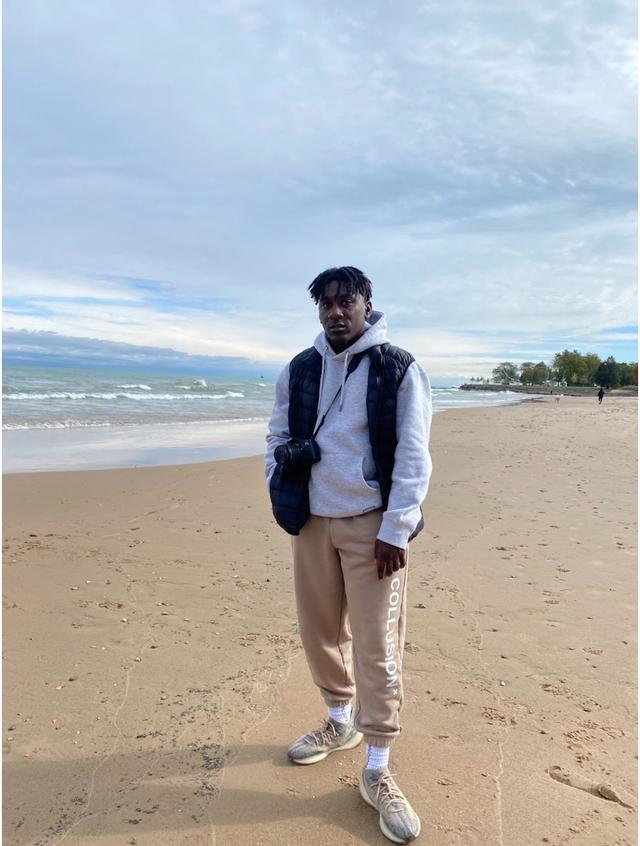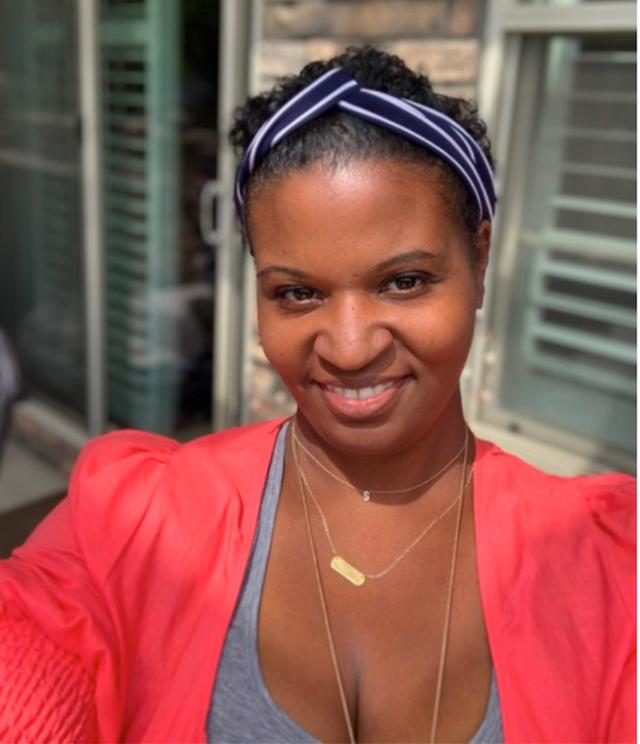Two Educators Encourage More Black and Brown Coloradans to Join the Teaching Profession
Two Colorado Educators decided to give Denver students the education they deserve.
Author: Ebony Chisholm
Two Colorado Educators decided to give Denver students the education they deserve.
Author: Ebony Chisholm
Across the nation, schools and classrooms are experiencing a shortage of educators, leaving students to pay a price. Rarely do Black and Brown students see themselves reflected in their teachers. In Colorado, though more than half of the state’s student population are kids of color, an overwhelming 87% of Colorado educators are white.
Summer Frazier and Justice McGhee decided to take on the challenge to give Denver students the education they deserve.
Justice McGhee comes from a long line of educators. Because his aunt, cousin and godmother are all in the teaching profession, McGhee understands the challenges and the great reward that come from being a Black educator. For Summer Frazier, the journey to the classroom was murky. Frazier began her career working for IBM, but soon started a family. During the decade that she spent at home with her kids, she volunteered in their classrooms.
Both McGhee and Frazier know the emotional tax that lack of representation can have on both students and their teachers.
“So often, the Black boys and girls are left out of the group because they don’t have educators who are willing to rock the clothes, talk about the music they listen to, and dance with them,” said McGhee. “I never had that experience. I never had the ability in school to be fully, authentically Black.”
“Most Black professionals are in [their careers] because they’re first generational-income,” said Frazier. “Black tax holds them back from pursuing teaching.” ("Black tax" refers to the financial burden that some Black professionals face as they care for less-wealthy family members.)
Now that Frazier and McGhee are in the classroom, they are able to use their position to empower their students to reach their full potential and encourage other Black Coloradans to join the field. While both teachers know how important it is to recruit and retain educators of color, they also are aware of the challenges, some of which they faced themselves.
“Being a BIPOC educator, and coming into a school that is predominantly white women – you’re a man first, and then you’re a Black man. I faced a lot of adversity coming in," said McGhee.


While McGhee faced personal challenges when entering a new classroom, he had a strong support system in his Relay program. “There were more Black educators in Relay so I saw people that looked like me. They are doing the work. Relay made me feel safe and comfortable and ready and part of the community,” said McGhee.
During the decade that Frazier spent at home with her kids, she volunteered in their classrooms. Through her volunteer work, Frazier was introduced to TEACH Colorado and the Public Education and Business Coalition (PEBC). TEACH Colorado provides free coaching, information on teacher preparation programs, and financial support to anyone across Colorado considering teaching.
Though Frazier doubted her financial ability to apply for PEBC’s teacher preparation program, one of the school administrators encouraged Frazier to apply, especially because of PEBC’s extensive financial assistance. Frazier loved working in the classroom, and she decided to heed the administrator’s advice.
“PEBC gave me a stipend that covered the full cost of tuition. Plus, I had some residual funds left over from the scholarship that I was able to use for my family,” said Frazier. “That was a big deal for me. It was something for my family.”
PEBC prepared Frazier for the classroom. “They didn’t tell me how to do things, they just gave me guidance and recommendations. They modeled everything that we could do, but we could pick and choose what worked for our personality,” said Frazier. She found this teaching method especially compelling because she could make natural connections between lessons and her experiences growing up – experiences that, as a Black educator, she shares with many of her students.
Frazier and McGhee understand that being an educator, especially a Black educator, has its ups and downs, but the reward for their students is the greatest gift.
“[Teaching] can be the greatest gift in the world,” said Frazier. “I’ve seen it for myself. When a student says, ‘Ms. Frazier, you know I did this for you,' they are taking their accomplishments and they are taking you with them.”
Justice McGhee is a licensure coach with TEACH Colorado, and is ready to answer your questions about becoming a Colorado educator. Sign up for a free, 20-minute advising call with him today.